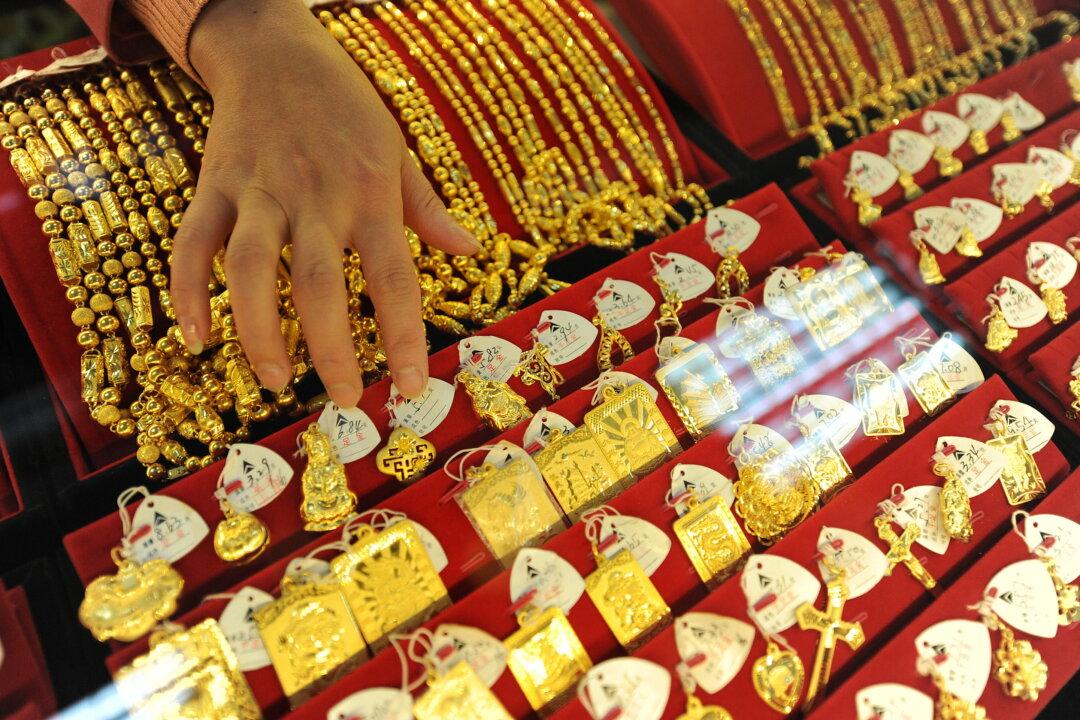China’s real estate crisis worsens as A-shares continue to plunge, eroding confidence in the economy. Foreign investors have withdrawn from China, with six consecutive months of net selling of Chinese stocks.
Chinese people bought large amounts of gold in 2023, indicating that they, too, felt the chilling effect of the looming economic crisis.





